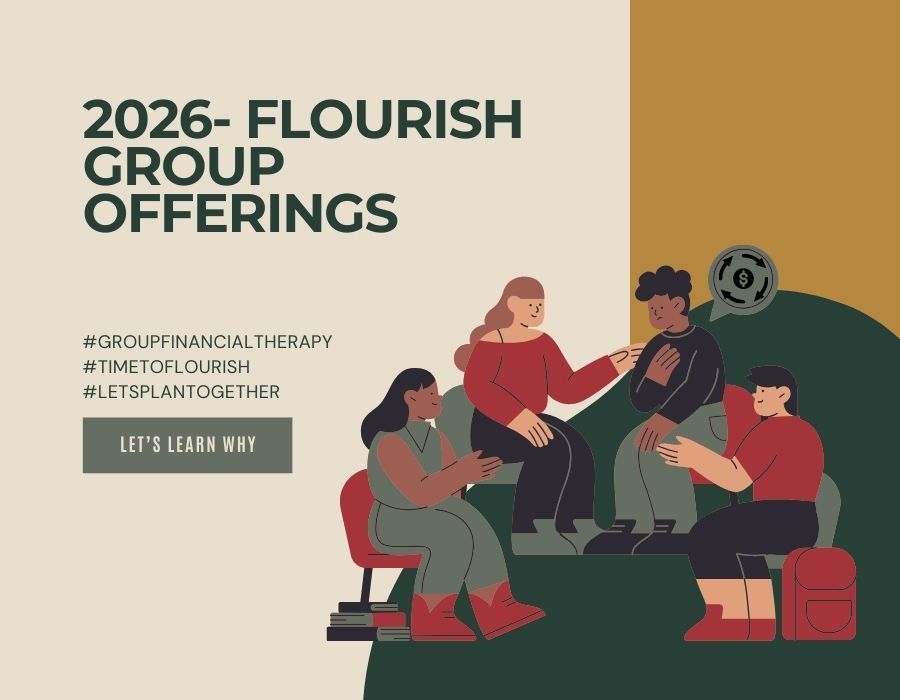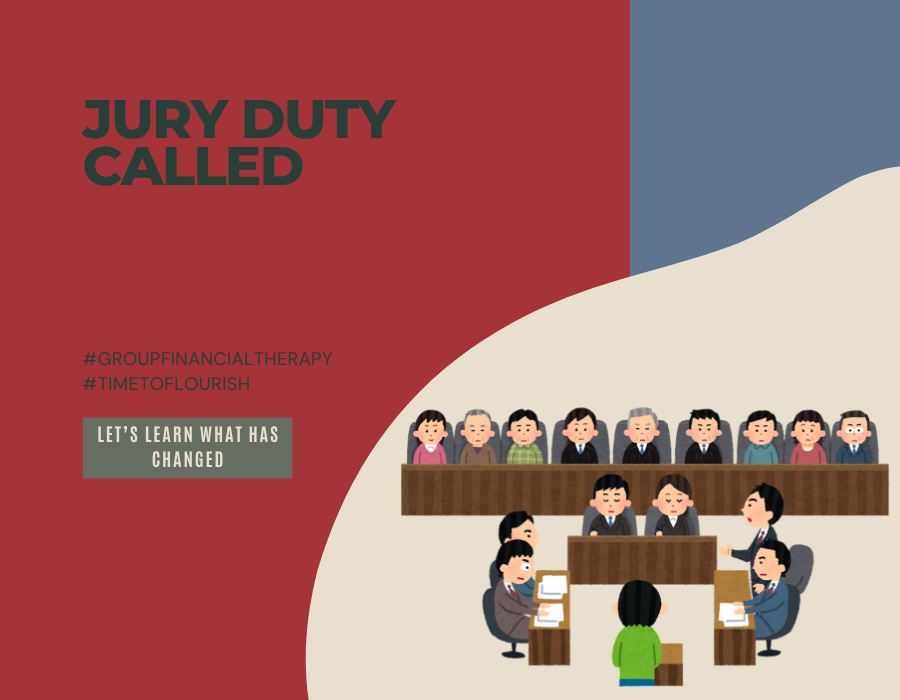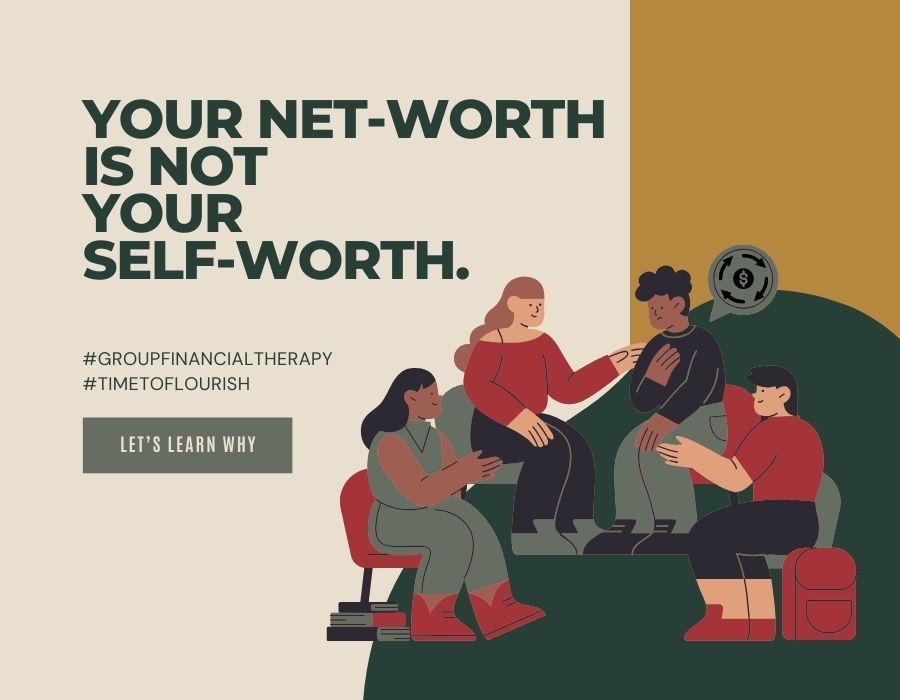Hey There, Mom. The best Gift you Could Give Yourself and Your Children is a Regulated Nervous System.
It's Saturday, you don’t have much going on, but you really want to get out of the house. So you load the kids up and head over to Target. You walk in and grab your favorite Starbucks drink and a few cake pops for the kids before settling into a small peruse around the “Dollar Spot” and though you went in for one specific thing for teacher week coming up next week you ended up getting a collection of gifts for your kids, cute décor that was on sale and those throw pillows you have been wanting for a while now. $150 later you leave. At home later you are feeling guilty that you really didn’t need some of the things, or angry that you gave in to the kid's requests. You suddenly remember the conversation you had with your spouse about how you both were going to be more mindful about how you spend. They aren’t home yet, so you contemplate taking some of the items back to the store to avoid a difficult conversation. Or maybe you will keep them and explain all of the ways that it is going to be OK.
We have all been there.
Let’s talk about what the emotions were before you went to the store. Boredom. You want to know what boredom is…. It's boring…. Lackluster…. Fun Sponge…. Killer of ALL the Dopamine in the brain. You want to know what finding a good deal is?! Fun….. exciting…. Engaging…. Activator of the dopamines!!
Now let's talk about the emotions happening after you left the store. Guity. Fearful. Angry. Your body is experiencing a shift in emotions and automatically is thinking about mobilizing itself to stop a potential threat i.e. an angry spouse. This is your nervous system activating to keep you safe from what is going to feel bad. Your body wants to keep you safe and help you stay away from what may hurt you or not feel good. HOWEVER, your nervous system can’t automatically weed through threats that are not real or “perceived.” It takes all threats as real and valid FIRST. And we NEED it to.
Imagine your body is like a big network of wires and switches that helps you feel, move, and think. Well, the nervous system is the boss of that network. It's like the control center of your body.
Here's how it works:
- Sensory Input: It receives information from your senses (like touch, smell, taste, sight, and hearing) about what's happening in your environment and inside your body.
- Processing: Your brain and spinal cord (which together form the central nervous system) process this information. They figure out what it means and decide how your body should respond.
- Response: Once your brain and spinal cord figure out what to do, they send signals through your nerves to make your muscles move or to trigger other actions, like sweating or feeling pain.
If our nervous systems didn’t react automatically, then we would not pull away, run away, or sense danger and remove ourselves from danger. However, shopping or upset spouses are not typically real threats of danger that need to be protected from.
When our nervous system is dysregulated, it can lead to many different forms of chaos within our bodies and within our behavior. Just to name a few:
- Emotional Dysregulation: When the nervous system is dysregulated, it can lead to difficulties in managing emotions. This may result in impulsive spending as a way to cope with or escape from negative emotions such as stress, anxiety, or depression. People may engage in retail therapy or compulsive buying to temporarily feel better, without considering the long-term consequences on their finances.
- Reward Dysfunction: Dysregulation in the nervous system can affect the brain's reward circuitry, leading to altered responses to rewards and pleasures. This can manifest as seeking out the immediate gratification of making purchases, even if it means overspending or accumulating debt. The anticipation and act of buying may trigger dopamine release, providing a temporary boost in mood and reinforcing the spending behavior.
- Impaired Decision-Making: Dysregulated nervous system functioning can impair cognitive processes such as decision-making and impulse control. Individuals may struggle to weigh the pros and cons of purchasing decisions, leading to impulsive and irrational spending choices. This can result in buying items they don't need or can't afford, contributing to financial instability.
- Stress Response: Dysregulation of the nervous system can heighten the body's stress response, leading to increased levels of cortisol and adrenaline. Elevated stress hormones can influence spending behavior by triggering a 'fight or flight' response, where individuals may engage in excessive spending as a way to regain a sense of control or alleviate stress temporarily. However, this can ultimately exacerbate financial stress and lead to more negative consequences in the long run.
When we work together we rewrite the story. Imagine this:
It's Saturday, you don’t have much going on, but you really want to get out of the house. You remember that it's teacher week next week, so you plan what you would like to get your children’s teachers as a small token of thanks to all of their hard work this year. So you load the kids up and head over to Target. You walk in and grab your favorite Starbucks drink and a few cake pops for the kids. You walk through the “Dollar Spot” to get a cute cup to put the teacher’s gift in, and then grab a few of their favorite things in the store. You see some cute décor on sale and those throw pillows you have been wanting for a while now, you throw a quick text to your spouse to help you determine whether now is the best time to get these items, not to ask for permission, but rather get support in thinking about the purchase. Each time your children asked for something you were able to calmly respond with gentle conversations about what you are at the store for and remind them that they were lucky enough to get cake pops. $50 later you leave. You accomplished the goal of getting the teacher’s gifts and was able to get a few sale décor items. You were able to not get frazzled with every request from your children and give in to get them to quit whining and asking. At home later you are feeling proud of yourself because you stayed within the budget your household needs, you got out of the house, and were able to come home and relax.
There does not need to be shame around shopping and I can show you how. Together we can learn how to regulate your nervous system and walk away with confidence that you CAN be TRUSTED with money! You can be a great communicator with your spouse. Together we can REWIRE your brain.











